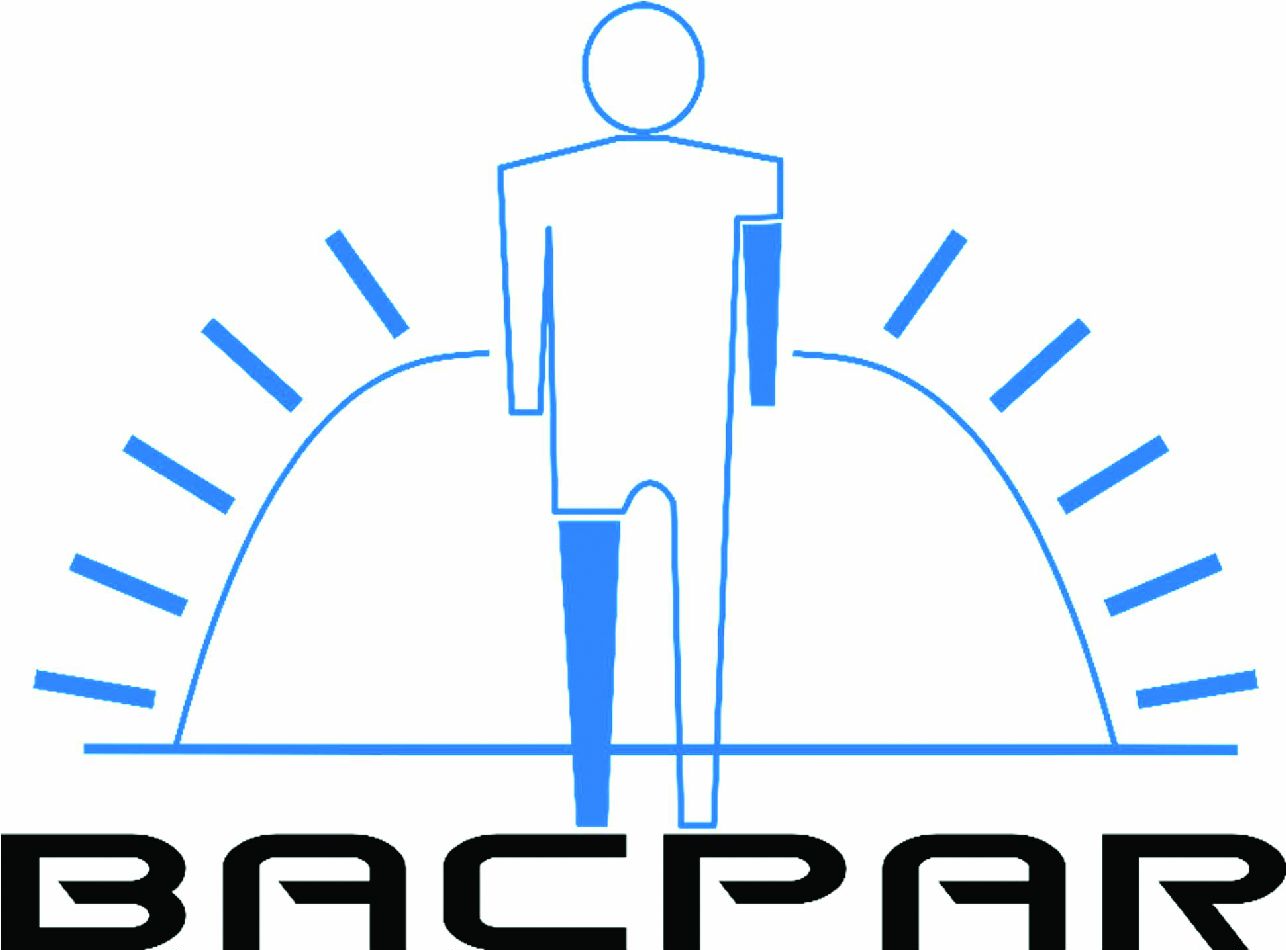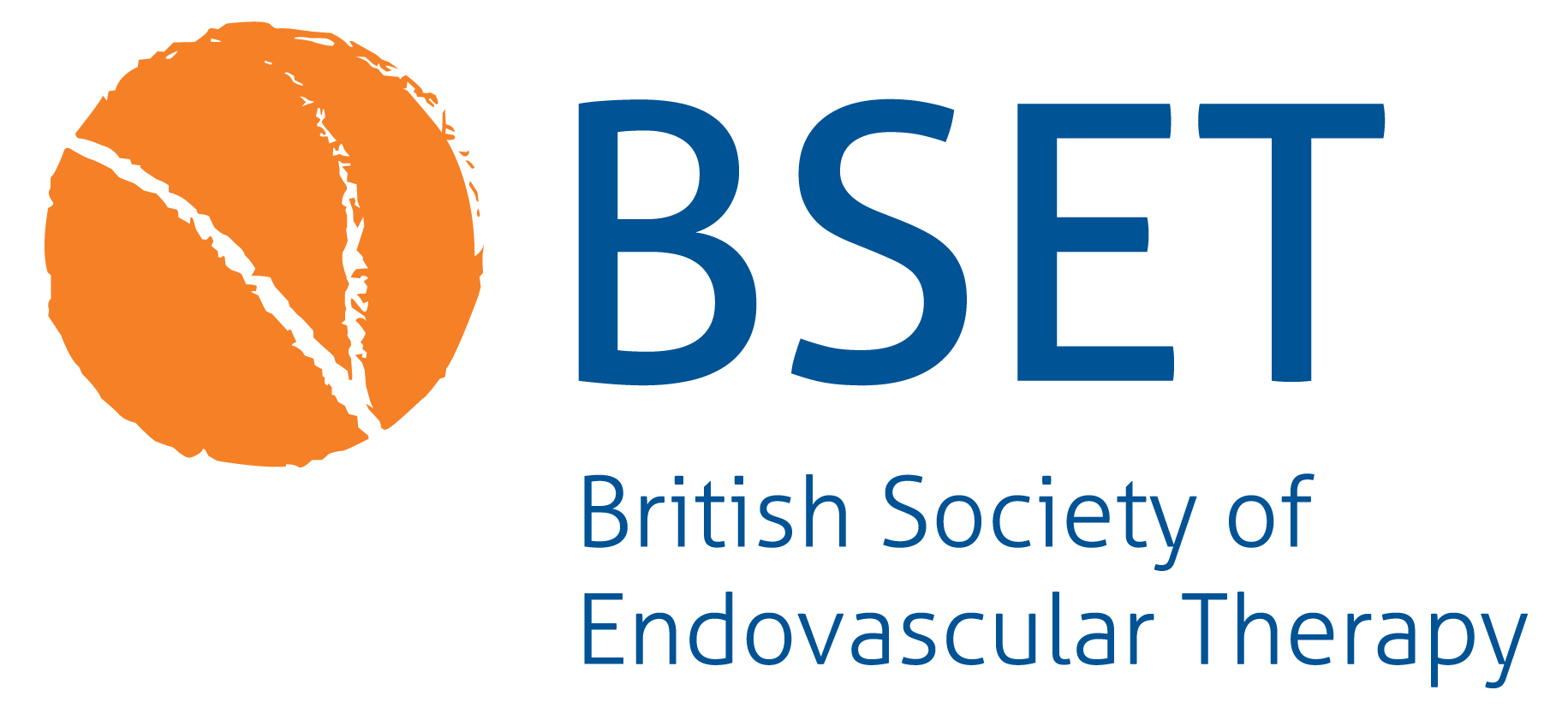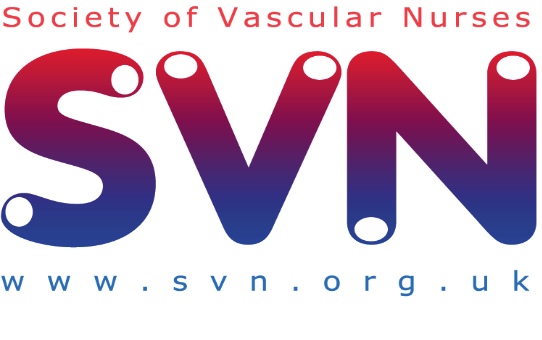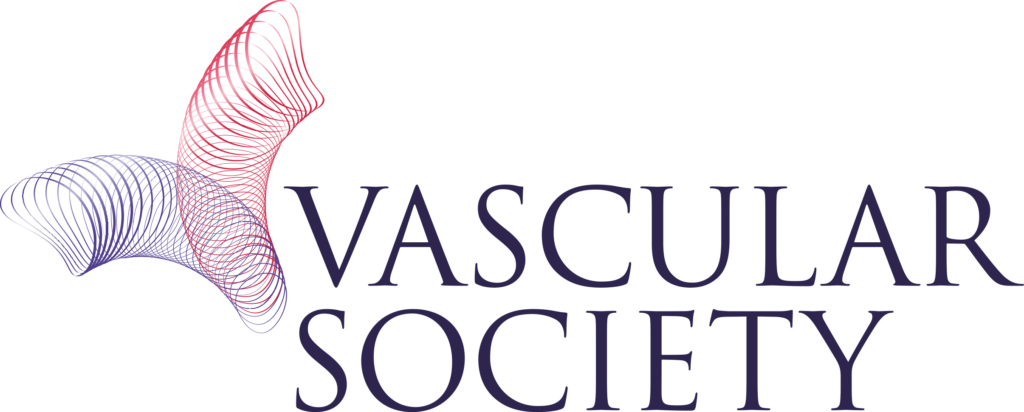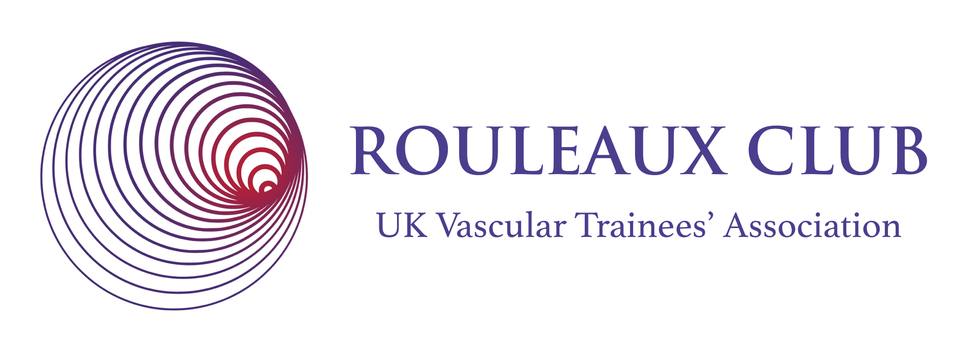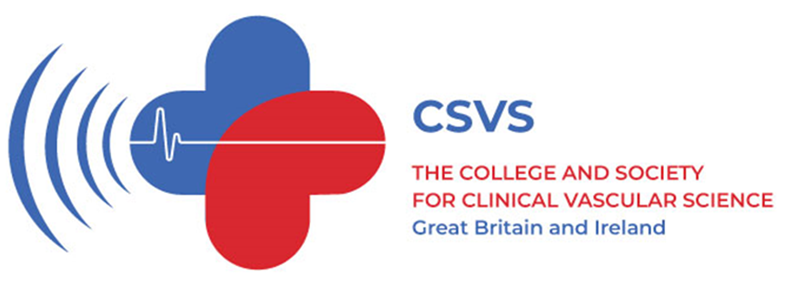EDITORIALS
Supporting endovascular practice in 2023 and beyond: the BSET Fellowship Programme
Wilton E,1 Sandford R2 on behalf of the British Society of Endovascular Therapy
Background
British Society of Endovascular Therapy (BSET) Fellowships were introduced to provide an opportunity for vascular or interventional radiology trainees to acquire new or more complex endovascular skills during a 6-month period in a UK-based endovascular unit of their choice. They were established in 2008 in response to the rapidly expanding field of endovascular practice, with the aim to support high quality endovascular training as well as a new hybrid skillset for those from a vascular surgical background. Since vascular surgery gained independence as a specialty in 2012, evolutions in both vascular surgery and interventional radiology training programmes have facilitated increased exposure to complex endovascular interventions. However, these Fellowships continue to offer a unique opportunity, where trainees benefit from a period of concentrated exposure, working to develop a specific subspecialty interest and ‘fine tune’ their skills in preparation for consultant practice. Further, these Fellowships also offer interventional radiology trainees to be exposed to a larger volume and variety of endovascular procedures, benefiting their future independent practice.
BSET also offers the opportunity to embark upon a Travel Fellowship aimed at senior trainees and newly qualified consultants. This Fellowship provides financial assistance to travel to specialist international endovascular centres to gain experience in a subspecialty technique, with the aim of broadening the trainees’ experience beyond UK practice and developing global endovascular leaders of the future.
Fellowships have been demonstrated to be beneficial to both trainee and training unit in multiple surgical specialities.1-4 Trainees gain from experience beyond their base training units in far reaching aspects of their professional development beyond pure technical skills. Non-technical skills including senior level decision making, case preparation and planning, managing a team and training more junior colleagues all contribute to the overall learning experience. Focused training in a subspecialist area builds both confidence and competence in preparation for consultant applications. Building a wider network of colleagues for future collaborative practice provides an excellent springboard into successful career progression, and many past BSET Fellows have been elected to Council and continue to contribute to the Society, providing education and training to future trainees.
What makes a successful fellowship?
Host organisations benefit enormously from having a dedicated committed trainee who can participate enthusiastically in all aspects of departmental activity. The BSET Fellow contributes to the clinical output of the unit, supporting both senior colleagues, more junior trainees as well as the wider multidisciplinary team. As a new team member, the Fellow brings an external perspective on clinical pathways and approaches, from which all can profit. Having a BSET Fellow increases the training profile of the unit and widens the network for future collaborative clinical and academic practice. In most units, BSET Fellows attend endovascular training opportunities supervised by both consultant surgeons and consultant interventional radiologists. The opportunity to host a BSET Fellow within an institution’s department can therefore carry reputational advantages as it indicates a healthy and collaborative working environment.
For the incoming Fellow, developing clear aims and objectives achievable within the 6-month timeframe is essential to the success of the Fellowship. The chosen host institution should be well aligned with achieving these goals and applicants are encouraged to approach previous Fellows for advice to ensure a successful partnership. In order to gain the most benefit from the Fellowship, thought should be given to the optimal timing taking into account stage of training as well as personal circumstances. This will allow Fellows to fully immerse themselves in all aspects of the unit culture, including clinical, operative, academic and social opportunities. Positively contributing to the output of the unit promotes collaborative working and provides the foundation for a strong network of colleagues to support a successful future career.
Conclusion
To date, 18 Fellowships have been undertaken at nine units between 2008 and 2023. Previous BSET Fellows have progressed to consultant appointments within the UK and contribute to the ongoing endovascular training and practice fit for the future. This could not have been possible without the vision of the founding members of BSET (Rachel Bell, John Brennan, Nick Cheshire, Rob Sayers and Matt Thompson), the host vascular units participating in the programme (Aberdeen Royal Infirmary, Addenbrooke’s Hospital Cambridge, St George’s Hospital, Leicester Royal Infirmary, Liverpool Royal Infirmary, Northwick Park Hospital, Southmead Hospital Bristol and St Thomas’ Hospital) and the generous support from industry partners (Cook Medical, Medtronic, Gore, Endologix and Vascutek), without whom this would not have been possible. BSET are proud to continue the Fellowship programme and would be happy to discuss opportunities with both trainees and unit hosts. For more information please see the BSET website www.bset.co.uk or contact Jeanette Oliver at the BSET office who will be happy to discuss the opportunities and connect you with past Fellows and potential host units.
Article DOI:
Journal Reference:
J.Vasc.Soc.G.B.Irel. 2023; 3(1): 8-9
Publication date:
November 19, 2023
Author Affiliations:
1. Consultant Vascular Surgeon, Oxford University Hospitals Trust, Oxford, UK
2. Consultant Vascular Surgeon, Guy’s and St Thomas’ Hospital Trust, London, UK
Corresponding author:
Emma Wilton
Consultant Vascular Surgeon, Oxford University Hospitals Trust, Oxford, OX3 9DU, UK
Email: [email protected]

